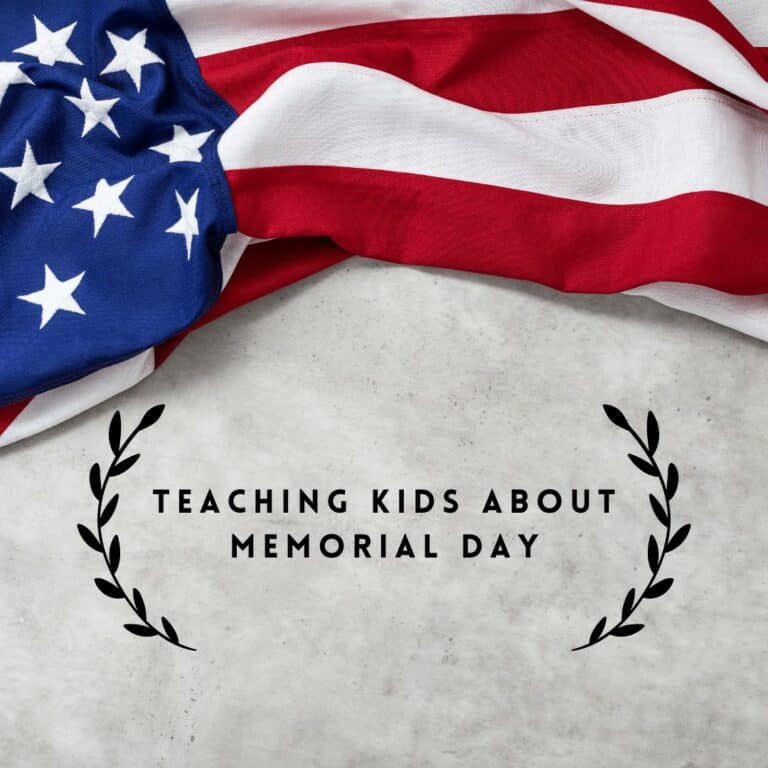As soon as they find out they are pregnant, a lot of women make a commitment to kick their coffee habit for good.
In the euphoria of a new pregnancy, it’s easy to forget about daily rituals like drinking coffee, Mountain Dew, Dr. Pepper, and Diet Coke.
This is most likely going to turn out well. Then there are a few women who stick to their old routines, although they might modify them slightly.
How toxic exactly is caffeine to an unborn baby and how does it affect pregnancy overall?
In recent years, a substantial amount of research on the effects of caffeine on the growth of the fetus that is currently being carried out.
It has been discovered that consuming an excessive amount of caffeine can result in difficulties such as early labor and/or a low birth weight for the baby.
Consuming beverages that contain caffeine is related with a number of potential negative effects as well.
Sugar can be found in substantial levels in beverages such as Mountain Dew and Coca-cola in their original forms.
Because an excessive amount of sugar is damaging to metabolism, this can be harmful to both the baby and the mother by raising the odds of the woman developing gestational diabetes.
Aspartame is another artificial sweetener that can be found in diet beverages such as diet Pepsi and diet Coke. Although the FDA has determined that aspartame is safe, there are some concerns that it may have an effect on the brain of an infant that is still developing.
Because aspartame contains several artificial chemicals, it is generally best to abstain from diet drinks entirely during the duration of the pregnancy to be on the safe side.
Coffee During Pregnancy
In most cases, a physician would reassure their patients that taking up to the recommended daily limit of caffeine will not have an adverse effect on their unborn child.
There will be no negative impacts on a person’s health if they consume less than 300 milligrams of caffeine per day, which is about comparable to an 8-ounce cup of strong coffee.
However, because caffeine is able to pass through the placenta, it is possible that the child will be impacted.
Studies have shown that women who consume more than 300 milligrams of caffeine each day during the first trimester of their pregnancies have a marginally increased risk of miscarrying their babies. This is the case even if the amount consumed is less than what would cause the baby to have a lower birth weight.
There are studies that indicate that babies born to mothers who took more than 500 mg of caffeine daily gave birth to children who had higher heart rates and breathing rates that were more rapid and shallow.
In contrast to the typical pattern of most newborns, the babies spent less time sleeping and more time awake throughout their first few days of life.
Caffeine During Pregnancy
Consuming caffeine is not in any way beneficial to maintaining a healthy diet. Caffeine is commonly consumed by most people since it acts as a stimulant and causes an increase in alertness.
Additionally, caffeine has the ability to quicken our heart rates. Insomnia and headaches are two of the potential side effects.
Caffeine is known to cross the placenta, meaning that it has the potential to have the same effects on your unborn child that it does on you if you consume it while pregnant. This is a very sad aspect of the situation.
Your child may experience unnecessary stress as a result of this.
Another common side effect of pregnancy is extreme fatigue, making sleep even more important than usual at this time.
Anything that has even a small chance of preventing you from receiving a decent night’s sleep is not good for either you or your unborn child.
Caffeine is a diuretic, which is yet another reason why women should avoid drinking it while they are pregnant.
Due to the fact that you are losing fluids, this may cause you to get dehydrated, which in turn may result in issues for both you and the baby.
Although it has been determined that the consumption of caffeine by a growing baby in low to moderate doses is not harmful, you should still carefully evaluate whether or not you want to continue drinking it at all while you are pregnant.
Do not drink more than that amount of coffee each day; however, it is acceptable to consume tiny amounts, and if you can limit yourself to just one small cup of coffee each day, you should be fine.
You ought to restrict yourself to beverages that do not contain caffeine or make the transition to decaffeinated coffee instead.
Or, even better, give up beverages containing caffeine and focus instead on increasing the amount of clean, unadulterated water you drink.



